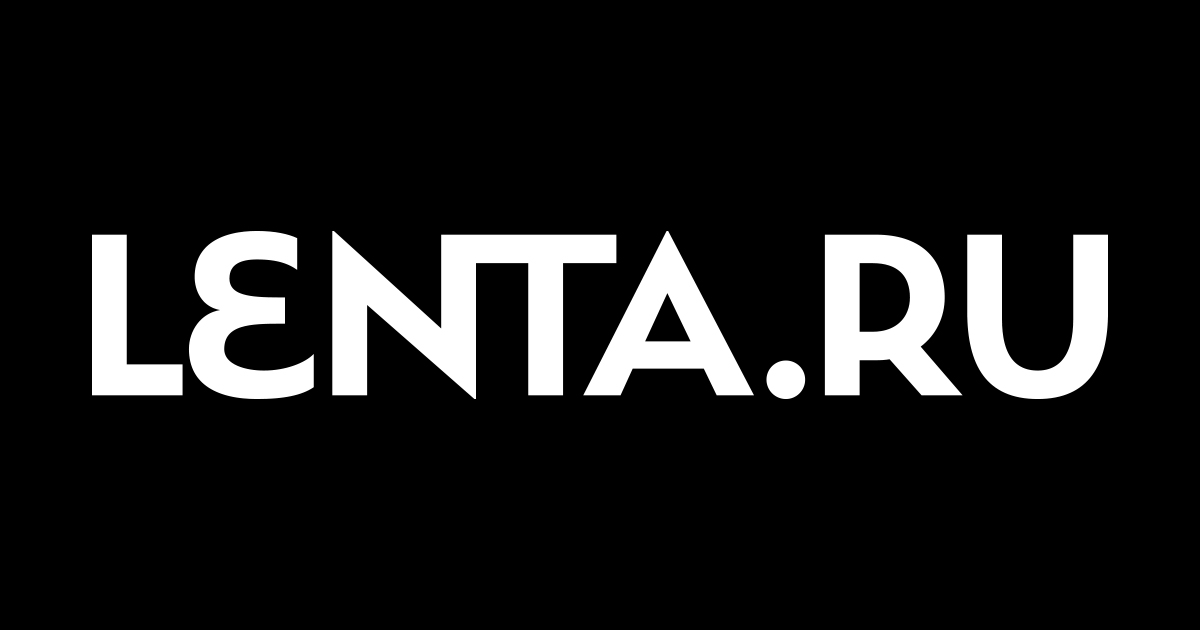Since January 4 of this year, the date on which the Republicans regained control of the US House of Representatives, Florida’s Mario Díaz-Balart has assumed the chairmanship of the powerful Appropriations Subcommittee for Foreign Operations.
It is one of the most important commissions for Colombia because it is the one that authorizes, in the first instance, all the resources that Washington allocates to other countries.
A few weeks ago, President Joe Biden asked for some $445 million in aid to the country expected for fiscal year 2024 and now it is up to Congress to determine whether to approve it. But the legislature, through its appropriations committees, has carte blanche when it comes to deciding. In other words, it can increase or decrease resources as well as impose conditions on their disbursement.
Hence the key that is the opinion of Díaz Balart -and the Republicans- in this process.
(Also read: The US responds to how strong the military alliance with Colombia is in the Petro era)
Although what the House ends up approving must be reconciled with the Senate, which is controlled by the Democrats, the Subcommittee headed by this representative of Cuban origin can set both the tone and the nature of the cooperation approved by the US Congress. Something very relevant to the government of President Gustavo Petro.
And things, for the moment, are not looking good. In an interview with this newspaper, Díaz-Balart says he is very concerned about the current direction of the country and talks about a possible setback in democracy.
But, even more relevant, the influential congressman affirms that he is concerned about the possibility that the Petro government is beginning to share sensitive information and intelligence (provided by the US) with enemies of Washington such as Venezuela, Russia, China, Cuba and Iran.
According to Díaz-Balart, this is something that he plans to address in the appropriations law that his committee will work on and where he plans to demand guarantees.
Not only on this issue but on others such as the fight against drug trafficking.
(Furthermore: US Congressman Slams Colombian Vice President Francia Márquez)
You have just said that you are concerned about the rapprochement between President Gustavo Petro and the Nicolás Maduro regime. In his opinion, something that does not suit the interests of the US or the Colombian people. What are your qualms?
I am very concerned about that relationship and the situation in Colombia and I talked about that with Secretary Antony Blinken in private… Colombia and the US have had a very special relationship for years and the concept that they may now possibly be experiencing a setback in terms of democracy is worrying and dangerous.
We are looking from here at what is happening in Colombia, not only internally, but in that relationship with Venezuela where we have a narco-terrorist regime. And we’ve already had several conversations about that.

The President of Venezuela, Nicolas Maduro, receives President Gustavo Petro at the Miraflores Palace.
Photography Press Miraflores
For what purpose?
We are, and I am, in the process of creating legislation, the budget for 2024, and this is one of the issues that I am dedicating a lot of time to. Look, in Colombia many things are happening. And Colombia receives funds from that budget.
What worries me is this. There is a very close relationship with Colombia for the exchange of communications, of very sensitive things, of intelligence information, and I have to feel comfortable that this exchange is not being distributed to the enemies of democracy.
(Keep reading: ‘Gustavo Petro’s anti-drug plan is not very realistic’: US expert)
We are going to have to look for alternatives that allow the American people to feel comfortable that the relationship persists.
There are a lot of things we’re looking at that we’re not talking about publicly yet but that’s part of the conversations I’m having with Blinken. And when that law is presented, we are going to have to look for alternatives that allow the American people to feel calm that the relationship persists and that we are not putting sensitive communication or information at risk that is being shared with them and that Colombia is protecting the rule of law. and the basic liberties of its citizens.
Again it is a relationship that has been very important. I am the co-chair of the parliamentary committee in favor of Colombia, so we have daily conversations about these issues.

US Secretary of State Antony Blinken.
What you are suggesting is that they plan to put conditions on the aid that Congress approves to ensure that the Petro government does not go in that direction?
I don’t want to talk about what we’re going to do now. But I’m very worried, yes. There is concern that is not only mine but among other members of Congress, that is evident.
Amongst this, are you also concerned about the anti-drug policies that the government has been talking about and that I know you don’t share?
That also worries us. There are many things that have us worried.
(Also: US report issues warning for human rights in Colombia in 2022)

The US expressed concern about the new government’s anti-drug policy.
Juan Pablo Rueda. TIME
Returning to Venezuela. The Petro government insists that a good relationship with Venezuela is key for Colombia because it is the neighbor, they share a huge border, there are clear commercial interests and issues that must be handled jointly such as crime and migration. What do you think?
It is that we are talking about relating to a narco-terrorist regime. We are talking about a dictator who murders his own people, a dictatorship that has relations with all the authoritarian and negative regimes in the world, such as China, Russia, Iran, and Cuba. This is not a relationship with a controversial country, nothing more. We are talking about a drug dictatorship and that worries me a lot.
SERGIO GOMEZ MASERI
EL TIEMPO correspondent
Washington
@Sergom68
More news in EL TIEMPO
#concerned #Petro #sharing #intelligence #enemies #DíazBalart









